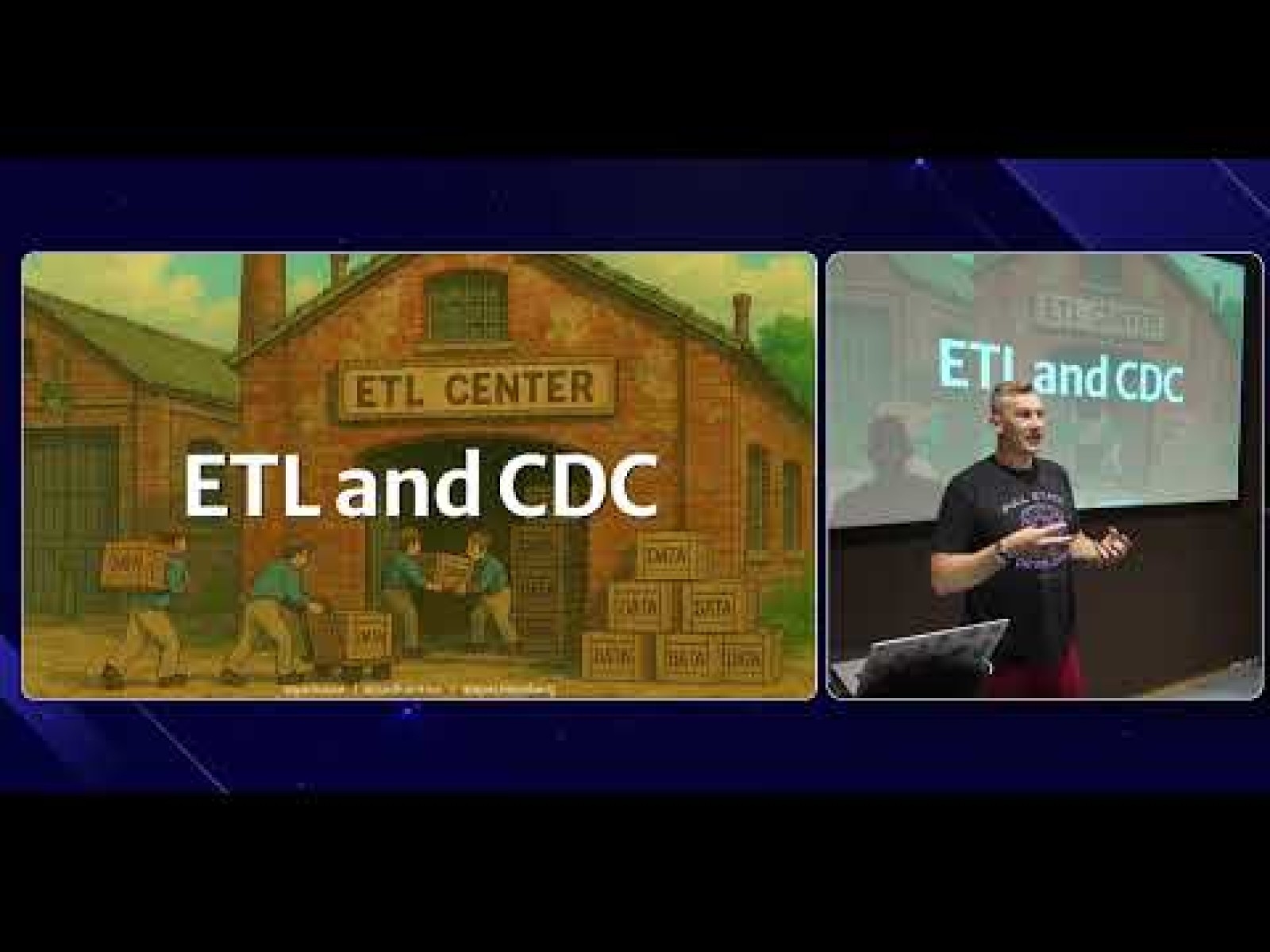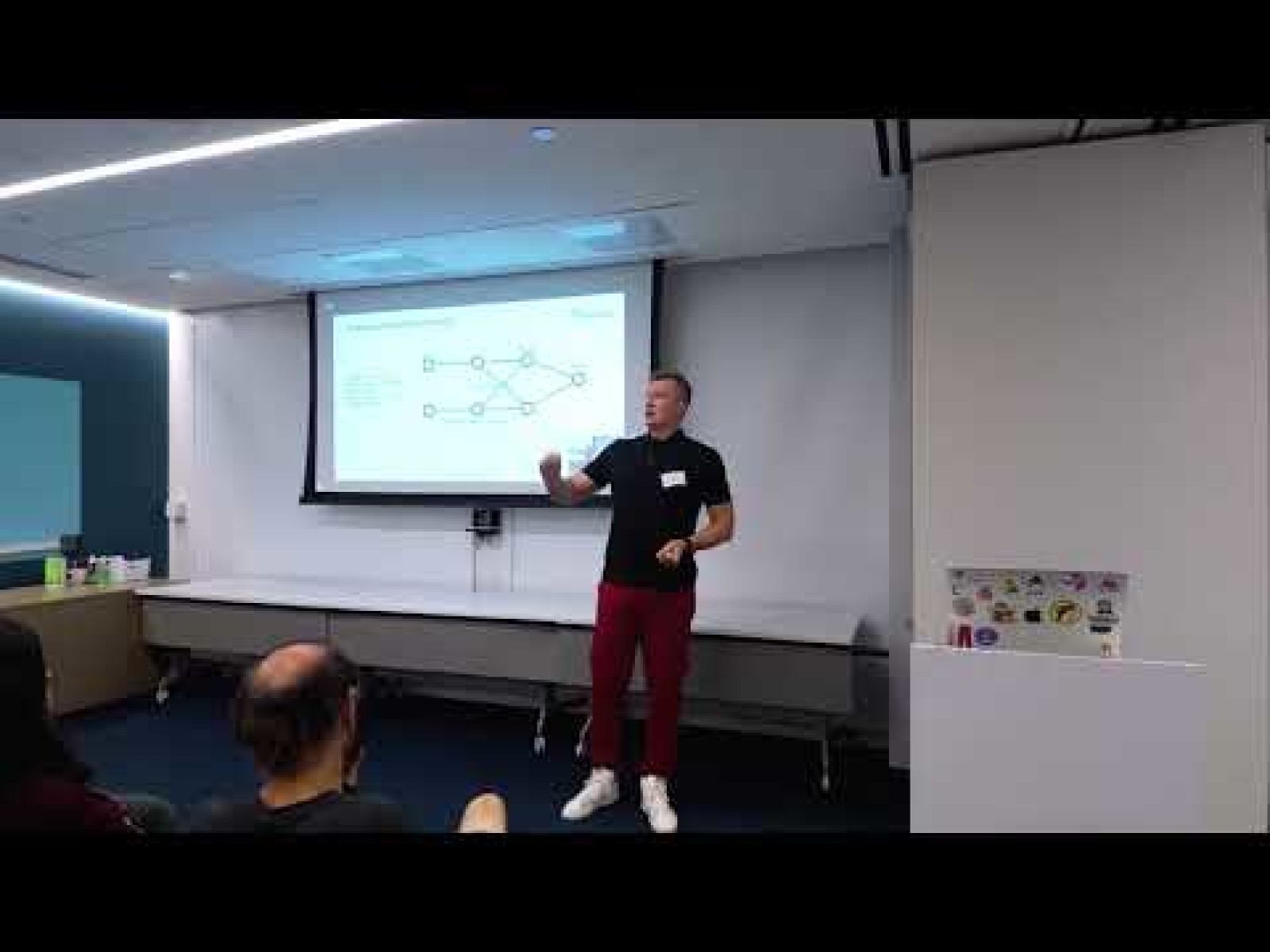
Viktor Gamov
Viktor Gamov is a Principal Developer Advocate at Confluent, founded by the original creators of Apache Kafka®. With a rich background in implementing and advocating for distributed systems and cloud-native architectures, Viktor excels in open-source technologies. He is passionate about assisting architects, developers, and operators in crafting systems that are not only low in latency and scalable but also highly available.
As a Java Champion and an esteemed speaker, Viktor is known for his insightful presentations at top industry events like JavaOne, Devoxx, Kafka Summit, and QCon. His expertise spans distributed systems, real-time data streaming, JVM, and DevOps. Viktor has co-authored “Enterprise Web Development” and “Apache Kafka® in Action”. Follow Viktor on X - @gamussa to stay updated with Viktor’s latest thoughts on technology, his gym and food adventures, and insights into open-source and developer advocacy.




